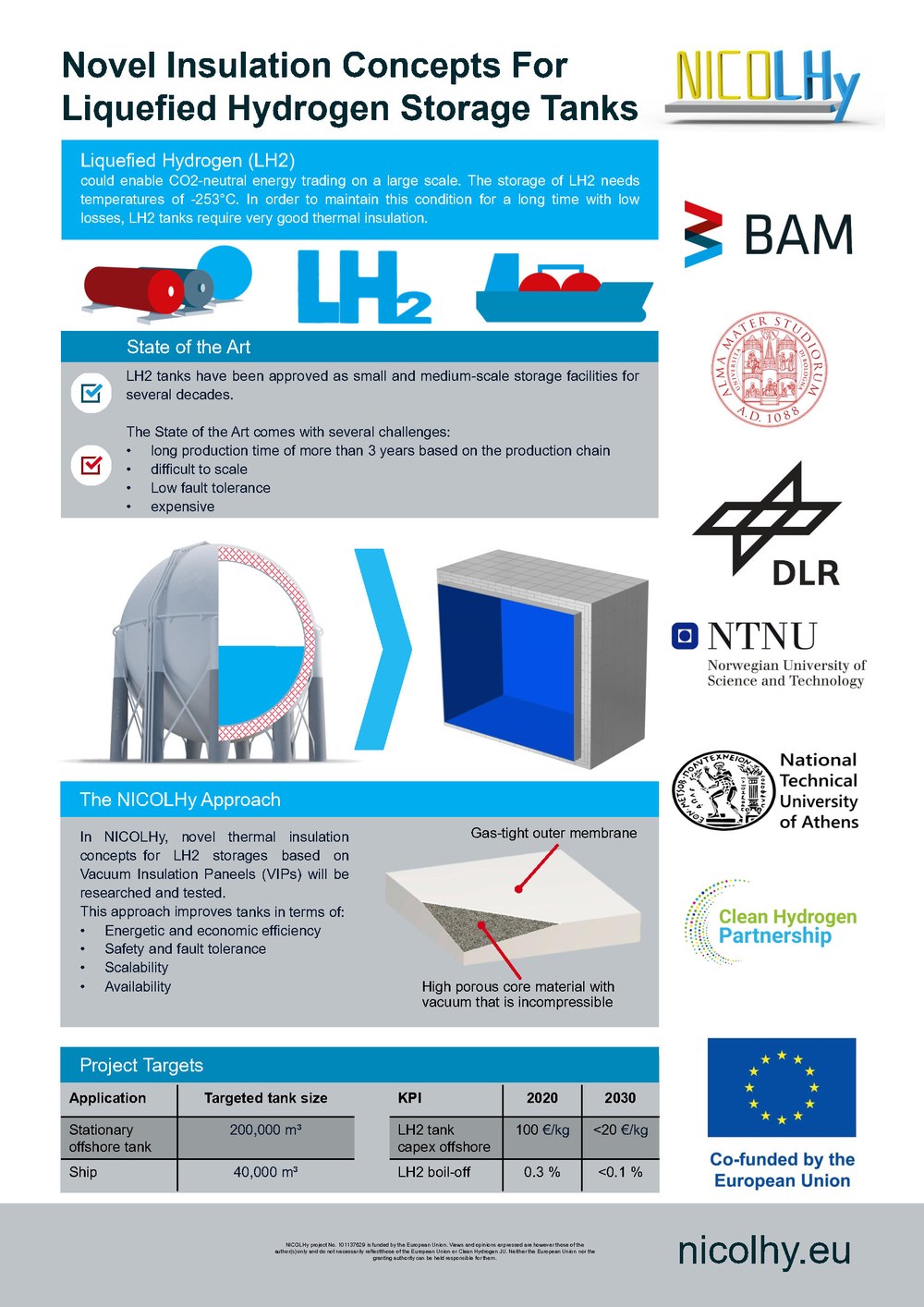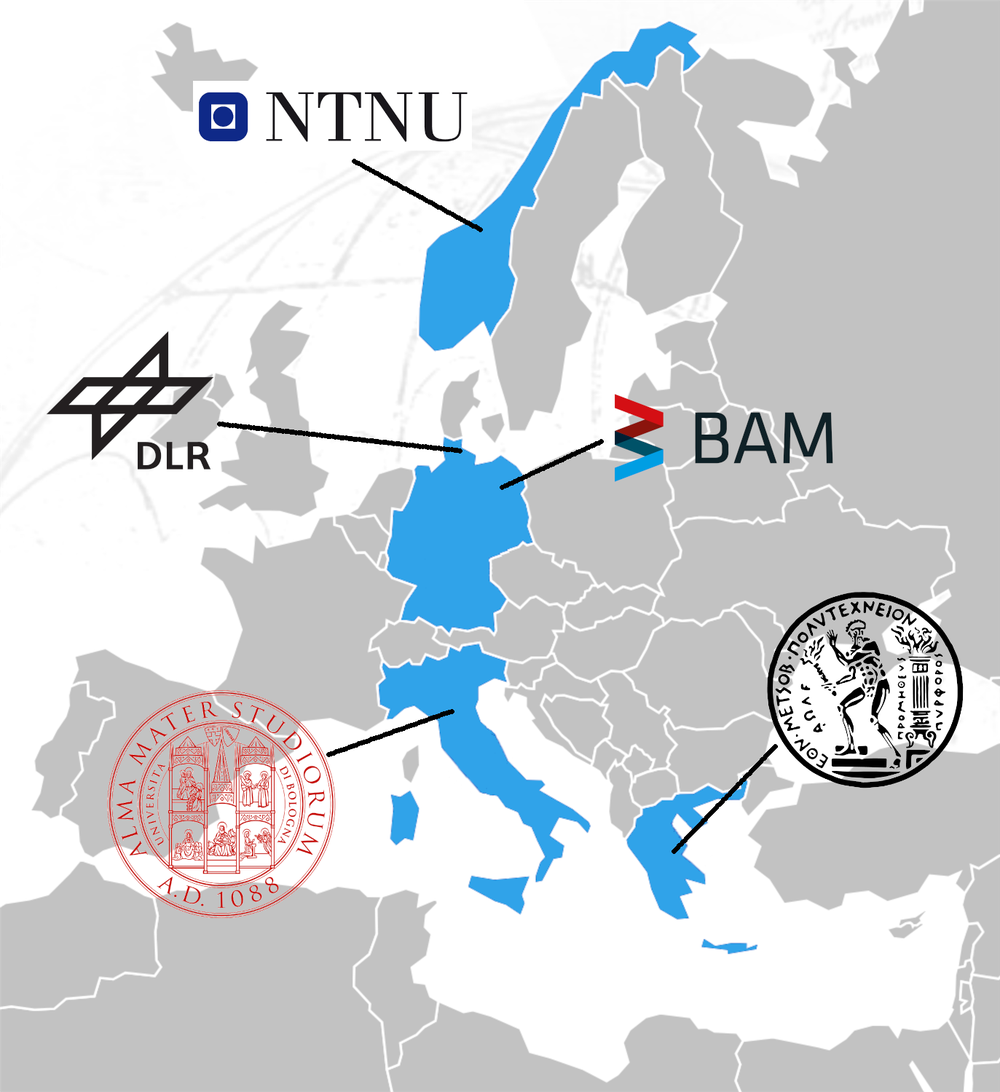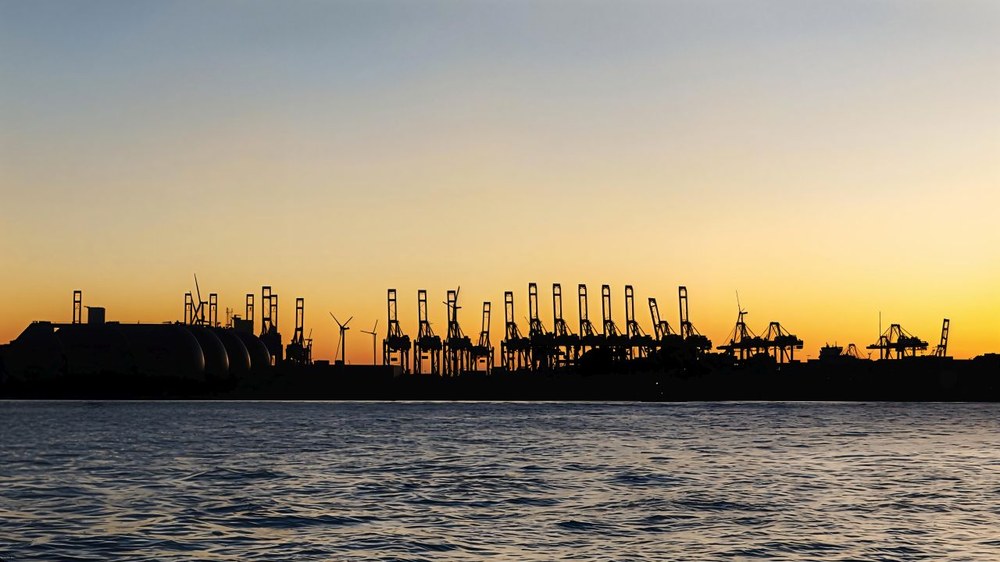Novel Insulation Concepts for Liquefied Hydrogen Storage Tanks
Project Duration: January 2024 - December 2026
Currently, liquid hydrogen is transported and stored using spherical storage tanks. However, these are not ideal for large-scale use. The EU-funded NICOLHy project aims to develop a novel insulation concept based on Vacuum Insulation Panels (VIP) that enables the safe, cost- and energy efficient storage of large quantities of liquefied hydrogen (LH2). It is estimated that such large scale LH2 storage technology is necessary for establishing a hydrogen economy with dimensions between 40.000 m³ and more than 200.000 m³ of LH2.
New design concepts are needed because the currently available technologies used in small and medium storages today are not suitable for up-scaling. The main problems prohibiting the up-scaling are the long production time due to the process chain, the low failure tolerance and the spherical shape, which reduces the payload in technical applications by up to 50 % compared to other shapes. The novel concept will change these conditions by a system which is modular, open-form, time and cost efficient while production, operation and service, multi-failure tolerant and applicable for onshore and offshore applications. The NICOLHy consortium is ideally suited for this ambitious project. It brings together experts from the fields of thermodynamics, marine, chemistry, process, and safety engineering.

Federal Institute for Materials Research and Testing (BAM)
NICOLHy partners are European organizations leading in different sectors relevant for the development of LH2 storage tanks with a focus on their thermal insulation.
The DLR is part of a consortium including:
- Federal Institute for Materials Research and Testing (BAM), who are taking the lead in the project
- University Alma Mater Studiorum - Universita Di Bologna (UniBo)
- Norges Teknisk-Naturvitenskapelige Universitet (NTNU)
- National Technical University Of Athens (NTUA).
Highly relevant LH2 and LNG supplier companies are members of the stakeholder advisory board (SAB).

nicolhy.eu
Links

nicolhy.eu

